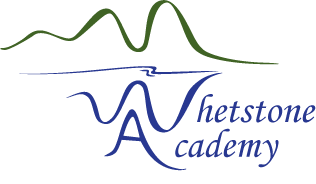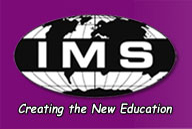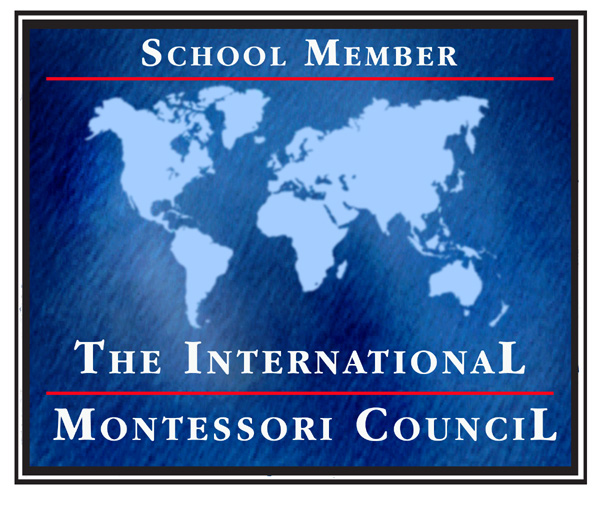Therapeutics

There is no such whetstone to sharpen a good wit and encourage a will to learning as is praise.
-- Roger Ascham 1515-1568
The therapeutic component of Whetstone Academy is based on a person-centered approach. Person-centered therapy is a non-directive approach that guides students in finding their own solutions. We believe that the young men who come to stay with us innately have all the answers they need. The role of a person-centered therapist is to create an environment that fosters their growth and encourages them to unlock the door to self-discovery.
There are three essential components to the therapist- student relationship: congruence, unconditional positive regard, and empathy. Congruence is important to the therapeutic relationship because it provides a sense of genuineness. The relationship is real and the therapist is not an expert giving solutions but a guide encouraging the boy to find the solutions. Unconditional positive regard is accepting the student for who he is, no judgment, no labels, rather a genuine unconditional acceptance.
It is important to meet these boys “where they are,” and to be with them in the moment. Empathy is an expression of deep understanding and can be achieved only by exercising great, attentive care. It is essential that the therapist listens effectively and that he/she gains an understanding of the world the student is living in. After achieving a deeper understanding of the student, the therapist then seeks to communicate that understanding back to the boy, thereby reducing his defensiveness and giving the young man a feeling of unconditional love.
The anticipated results of this approach to therapy are an increased self-esteem and self-awareness, decreased defensiveness, guilt, and insecurity, and more positive relationships with others. This careful approach fosters an awareness that will help the boy learn from mistakes, rather than repeating them, and encourages an expression of feelings in the moment. Ultimately, we invite our boys to experience life in new ways, to learn to love themselves anew and to better appreciate their own infinite potential.
At Whetstone, our care will take place in both individual, group and family therapy formats. We also use a person-centered approach in group therapy. In this style of group the leader encourages the boys to discuss their feelings about one another and give each other honest feedback. The group process emphasizes the awareness, expression, and acceptance of feelings. The atmosphere of the group promotes trust and cohesiveness among the boys.
In a therapeutic environment emphasizing person-centered therapy, the obvious choice for academic guidance is one that reinforces the staff as guides, the students as discoverers, and the environment as a setting prepared for success.
Individual Treatment Plans with areas of focus in the following areas:
- Learning how to succeed academically; thus, building academic self-esteem
- Learning how to communicate feelings and needs to family and adults
- Learning to respect parents and adults
- Learning to comply with rules and expectations
- Learning to manage emotions in a healthy way
- Learning to assess social situations then act accordingly
In this therapeutic milieu, students not only acquire core academic skills, but also garner the self-confidence and reflection necessary for the self-actualization deemed essential in person-centered therapy. This process promotes a sense of freedom and responsibility that is important in helping boys discover their purpose and role in society.
Unfortunately, modern society too often lacks critical rites of passage and fails to afford meaningful experiences that are paramount to a young man’s sense of self-worth. Instead of placing their energy into meaningful projects, they are too often stuck behind a desk or before a computer screen. We want to get our young men out from behind that desk so that they can experience the world and begin to confidently pursue their dreams and aspirations.



